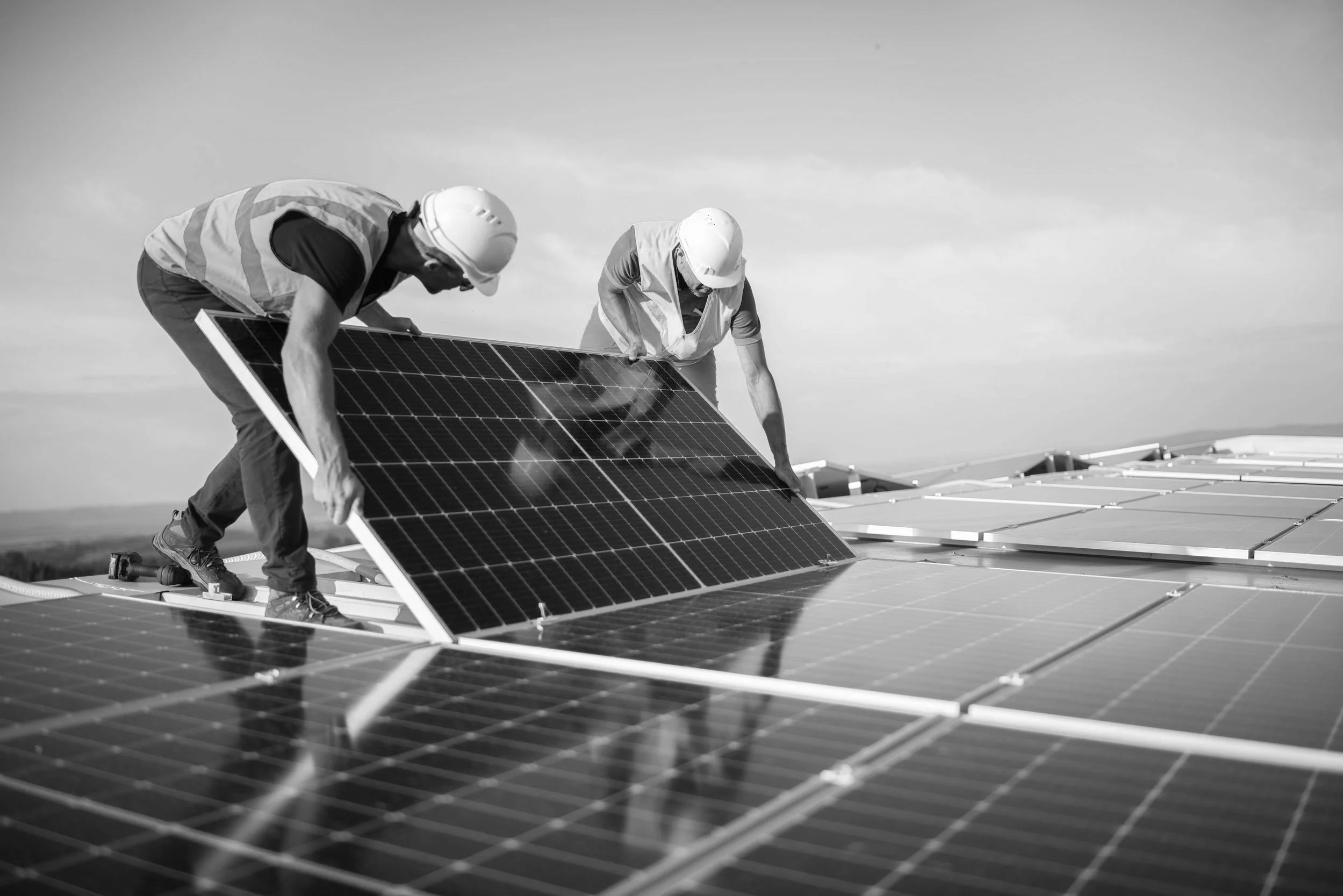
Renewable Heating Solutions in Hull, East Yorkshire & North Lincolnshire
We specialise in renewable heating solutions tailored to homes and businesses across Hull, East Yorkshire and North Lincolnshire. From air source heat pumps to hybrid systems, we help reduce your energy bills and carbon footprint with expert advice, professional installation and long-term support.
Whether you're upgrading an existing system or exploring greener alternatives, our team is here to guide you every step of the way.
Our Renewable Services
Air Source Heat Pumps
Air source heat pumps are an energy-efficient alternative to traditional heating systems, drawing heat from outside air to warm your home and hot water. Even in the cold, these systems can lower your energy bills and reduce your carbon footprint.
Ground Source Heat Pumps
Ground source heat pumps use natural heat stored underground to provide efficient heating and hot water. By harnessing energy from the earth, they deliver consistent performance all year round while reducing both energy bills and carbon emissions.
Solar Thermal Hot Water
Solar thermal systems use the sun’s energy to heat your water, offering a sustainable and cost-effective way to reduce reliance on gas or electricity. Ideal for homes with good roof space, they work alongside your existing boiler to cut energy use and lower bills.

Got Questions About Renewable Heating?
We know switching to renewable energy can feel like a big step, so we’ve answered some of the most common questions below. Whether you're wondering about running costs, suitability, or what to expect during installation, we've got you covered.
-
Yes, but it depends on your insulation and radiators. We’ll assess this during your survey and advise honestly.
-
Most renewable systems fall under permitted development, but we’ll confirm for your property.
-
There are schemes available — we’ll help you understand what you might qualify for.
-
Properly installed and maintained systems can last 15–25 years or more.
Trusted Local Experts in Renewable Heating
With years of experience and a growing number of successful installations across Hull, East Yorkshire and North Lincolnshire, we’re proud to help homeowners and businesses make the switch to cleaner, more efficient energy. Our knowledgeable team will guide you from first enquiry to final handover, just honest advice and high-quality work.




